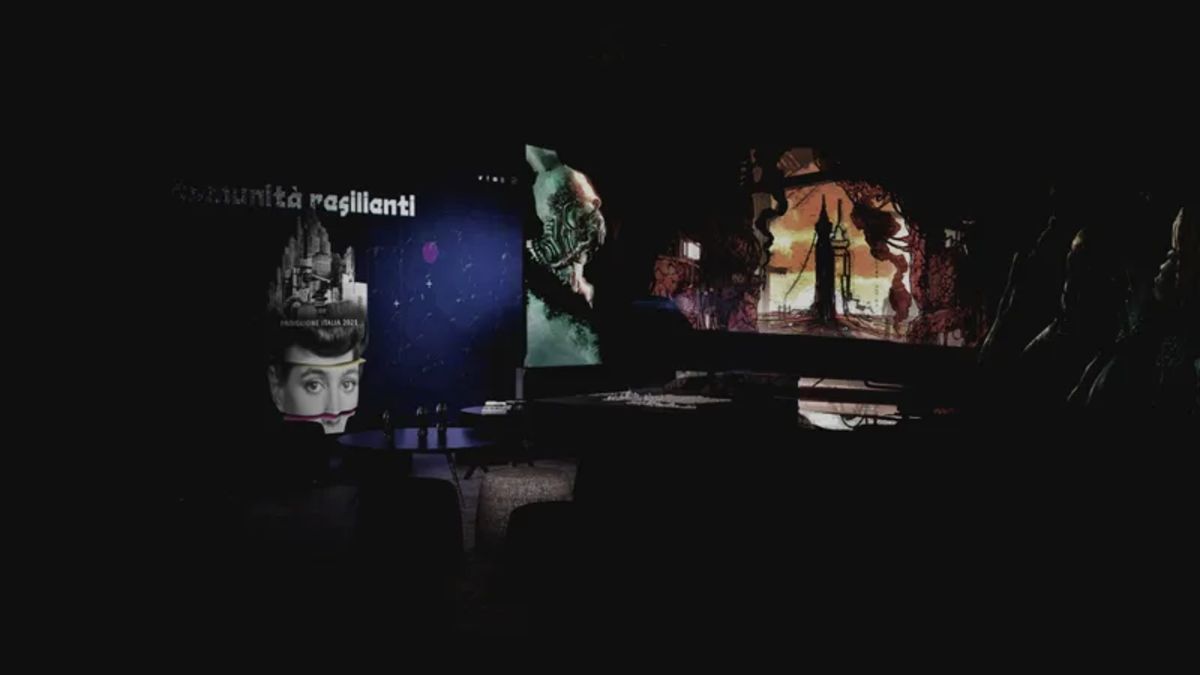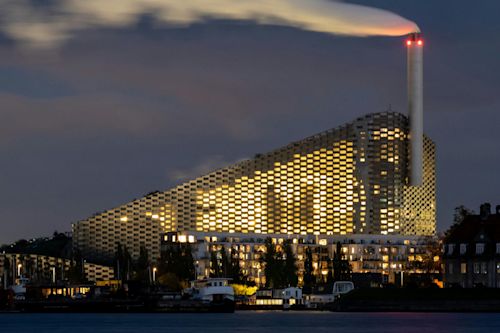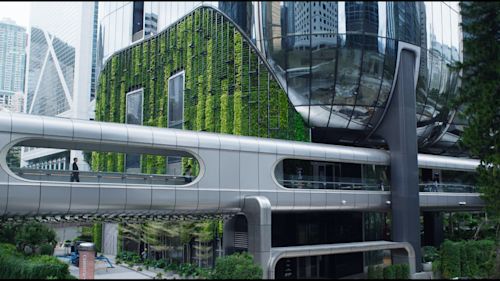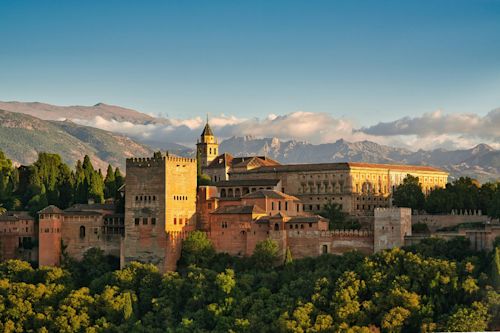Architecture Biennale 2021: Resilient Design from the Italian Pavilion

Can architecture have a positive impact on the climate emergency? Is it really capable of improving our way of life? And how? The visit of the Italian Pavilion at the 2021 Architecture Biennale offers us reflections, experiments and concrete proposals to shape new models of life.
How will we live together?is the title of the 17th International Architecture Exhibition, curated by architect Hashim Sarkis and organized by the Venice Biennale . An open question, more relevant than ever, that seeks multiple answers and solutions. The aim of this edition, inaugurated on May 22nd and visible until November 21st 2021, is precisely to submit this question to architects. In a world where a pandemic is still raging, which sees growing economic, social and racial disparities and with the advance of climate change, architecture is called upon to respond with practical approaches to the problems of our time.
Resilient Communities is the project created by Alessandro Melis, architect, researcher and co-founder of studio Heliopolis 21 , for the Italian Pavilion.
As Melis explains, the idea behind the project is that “architecture must contribute significantly to improving the quality of life we lead, providing adequate and credible responses to new environmental and social changes”
The Pavilion condenses several themes: gender inequality, the rethinking of urban and social systems and of course the climate crisis, the leitmotif that the entire project refers to. Conceived as a laboratory for experimentation and research, this space is composed of 14 sections , curated by various professionals and architects, which provide an overview of Italian experiences of architectural and urban resilience.
The commitment to these themes is also reflected in the choice of the installation, which is deliberately eco-friendly. The Italian Pavilion 2021 was born, in fact, from the recovery and reuse, through an operation of subtraction/integration, of the installation curated by Milovan Farronato for the 2019 Art Biennale.
The Peccioli Laboratory: An Exemplary Model of a Resilient Community
Peccioli represents the meeting point between good environmental practices and the need for a positive impact on local communities
Alessandro Melis
ThePeccioli Laboratory, curated by Ilaria Fruzzetti, Laura Luperi and Nico Panizzi, is presented in a section of the Pavilion as an exemplary model of a resilient community. The uniqueness of Peccioli , a small village in the province of Pisa, lies in having converted the municipal landfill into a driving force of ecological, cultural and social initiatives. The large proceeds from the correct disposal and treatment of waste over time have in fact been invested in art , architecture, sustainability and technological innovations. Thanks to the direction pursued by the municipality and its inhabitants, the small medieval village is now configured as an open-air laboratory, a terrain for site-specific installations created by international artists, cultural events, as well as studies on home automation and robotics aimed at improving environmental and social conditions.
Taranto Ecosystem: a new model of sustainable city

Ecosistema Taranto is the redevelopment project of the Apulian city previewed at the Italian Pavilion. The temporary exhibition, curated by the Domus publishing group , tells the story of the city's current affairs and future through a selection of 13 photographs and the screening of 5 videos.
In the new vision of Taranto, the former Ilva is a great absentee. The overcoming of the steelworks that has upset the lives and the environment of the local community, testifies to the intention to emancipate the city's economy from the monoculture of steel and move towards an environmental, urban, socioeconomic and cultural transformation.
The RebelArchitette collective: gender balance and social equity

© Francesca Perani
Detoxifying architecture from inequalities: a plural act is the project presented by the collective RebelArchitette in the sectionDecolonising the built environment curated together with Alessandro Melis.
Social justice, gender balance and equity are the themes that resonate within these spaces. Essential themes to face the crises that humanity is experiencing at this time and to outline positive and sustainable models of collective coexistence.
To shape an architecture capable of dealing with the issues of the present, it is necessary to overcome past visions. RebelArchitette thus denounces a necessary reform of the architectural system in which there is still gender inequality and a lack of recognition of female role models .
Towards a resilient architecture
Heterogeneity, complexity and variability are therefore the elements that characterize the exhibition presented in the Italian Pavilion 2021. Elements that are at the very basis of resilience , understood as the ability to actively adapt to the changes and challenges that the environment poses to us.
Inside the Pavilion, architecture rethinks itself and its role in society: it opens up to contamination with other disciplines, it reviews methods, concepts and approaches. Only thanks to this action of openness does architecture become resilient, able to develop concrete proposals and solutions to face the contemporary world.



